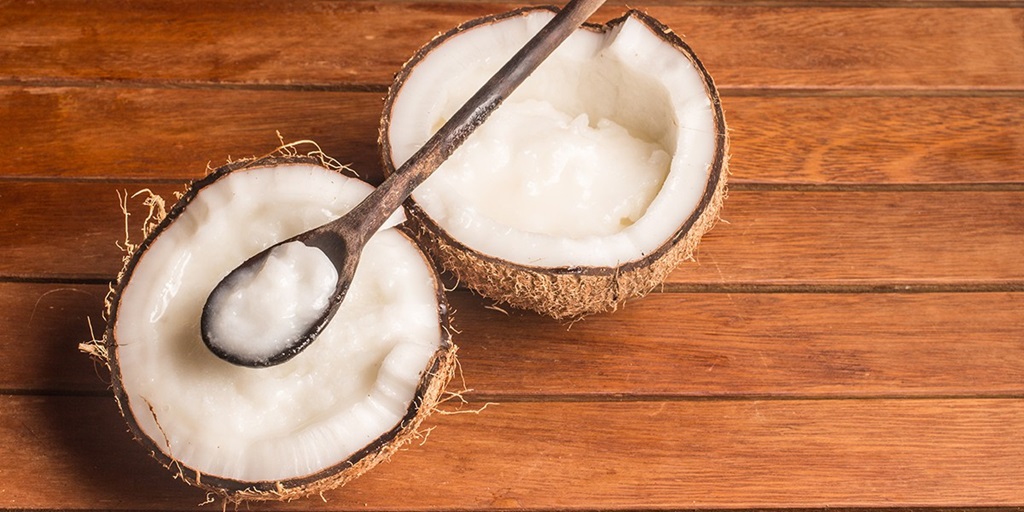Coconut Oil Controversy Clarified
Recently, everyone’s newsfeed exploded with articles about whether the health benefits of coconut oil were legit.With headlines ranging from “Is Coconut Oil Bad For You?” to “Coconut oil isn’t healthy. It’s never been healthy,” health bloggers, popular news sites and national newspapers alike latched on to the findings of a recent report by the American Heart Association.
Essentially, the report advises people to avoid diets high in saturated fats because they raise bad cholesterol levels, which increase your risk of heart disease and stroke.
When word spread that coconut oil has nearly six times more saturated fat than olive oil – its proven, heart-healthy counterpart – the Internet had more questions than answers. And health-conscious folk everywhere began to rethink everything from cooking habits to popular fads like bulletproof coffee, which calls for a healthy dollop of coconut oil for “sustained energy.”
So, is coconut oil healthy or unhealthy? We talked with Natalie Roberts, RDN, LDN, a registered dietitian with Proactive Health by Carolinas HealthCare System, to help determine what’s right for you. In short: Eating a balanced diet is key.
Q: Are you aware of the coconut oil controversy, and what was your reaction to it?
A: “Yes – my immediate reaction was to read the American Heart Association advisory that sparked the debate,” says Roberts. “There are a lot of different viewpoints and, unfortunately, there is much gray area in nutrition science. But what we do know is that all fats are not created equally.
“It’s important to note that saturated fats are very calorie-dense. With heart disease being the leading cause of death in the US, and more than one-third of Americans being obese, it just doesn’t make sense to add more saturated fat and calories to our diet – especially for something like coffee. Save those calories for something more nutrient-rich.”
Q: So, what is the healthiest oil to eat or use for cooking?
A: “It is important to incorporate a balance of unsaturated and saturated fats into your diet, but you should focus on using more polyunsaturated and monounsaturated fats, such as olive and canola oil.”
Q: What about using coconut oil topically? That’s OK, right?
A: “Coconut oil serves as a wonderful topical moisturizer for dry hair, lips and skin.”
Q: Dieting trends are everywhere. How can people know what’s truly good or bad?
A: “In general, you need to favor a balanced diet – and avoid ‘magic diet claims’ in favor of a nutrient-packed, well-rounded diet consistent with the Mediterranean lifestyle.
“The scientifically proven Mediterranean diet focuses primarily on fruits, vegetables, whole grains, legumes, olive oil, nuts and seeds, with moderate amounts of fish and seafood, smaller amounts of lean protein and dairy, and even smaller amounts of red meats and sweets.”
Q: Does coconut oil deserve such a bad rap?
A: “Should coconut oil be demonized? Not necessarily. Nutrition research is incredibly expensive and hard to conduct – and the cholesterol picture is not as clear-cut as we in the science field originally thought.
“Decreasing blood levels of cholesterol is not as simple as cutting cholesterol out of the diet. Growing evidence suggests that eating refined sugars and very little fiber – like the standard American diet – also plays a role.
Q: Any other advice?
A: “You can’t believe everything you read – talk to your doctor or a nutritionist to determine which diet is best for you.”



